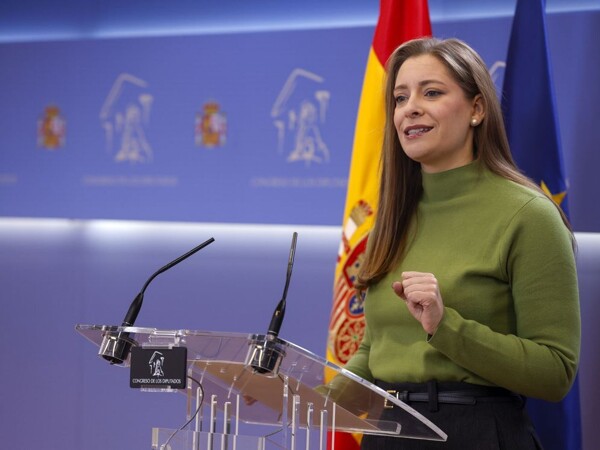Pedro Calderón de la Barca, known for his ability to order, stylize, and intensify a dramatic vision of the world inherited from Lope de Vega, is recognized as a brilliant refiner of works such as "El alcalde de Zalamea". In this staging, the dialogue scenes are presented with a static confrontation between the characters, highlighting the performance of Arturo Querejeta as Pedro Crespo, who embodies the character with great presence and unique style.
Adriana Ubani plays Pedro Crespo's daughter, kidnapped and raped by the captain, standing out for her contained but expressive performance. The plot revolves around Pedro Crespo, a farmer appointed mayor of Zalamea, and addresses themes of honor, justice, and the power of the law against military authority.
Alonso de Santos's proposal features an exceptional cast that includes Jorge Basanta and Isabel Rodes, who provide the necessary comic counterpoint and vitality to the play. The presence of minor characters, such as Don Lope de Figueroa, Don Mendo, and Chispa, enriches the plot and reinforces the main themes of the drama.
The actors' interpretation highlights the understanding of the Calderonian text and the vitality it brings to the story. The direction and version by José Luis Alonso de Santos capture the essence of the work, with a set design that effectively configures the different locations.
"El alcalde de Zalamea" is a work that defends family honor and justice, which stands out for the performance of its protagonists, especially Pedro Crespo, who executes justice and confronts the tensions between the village and the nobility. The plot is inspired by historical and universal events, masterfully represented by Calderón de la Barca.
The production features a cast of outstanding actors and musical direction that enriches the theatrical experience. The interpretation of the drama highlights the universality of its themes and Calderón's mastery in addressing them with depth and vitality, ensuring a memorable theatrical experience for the audience.














